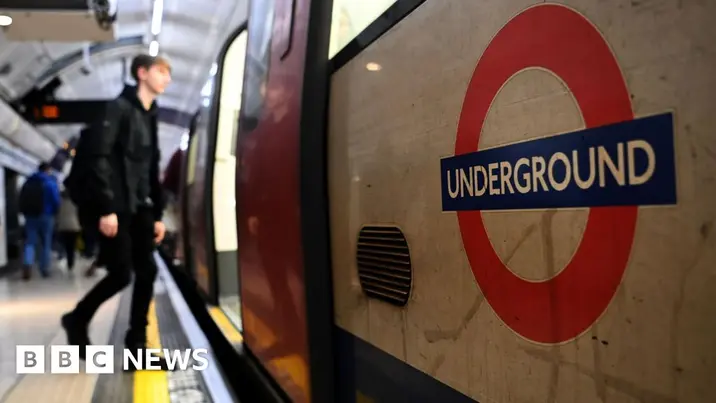T4K3.news
Tube strikes set to disrupt London
Seven days of strikes on London Underground and DLR planned for September could affect commutes and city travel plans.
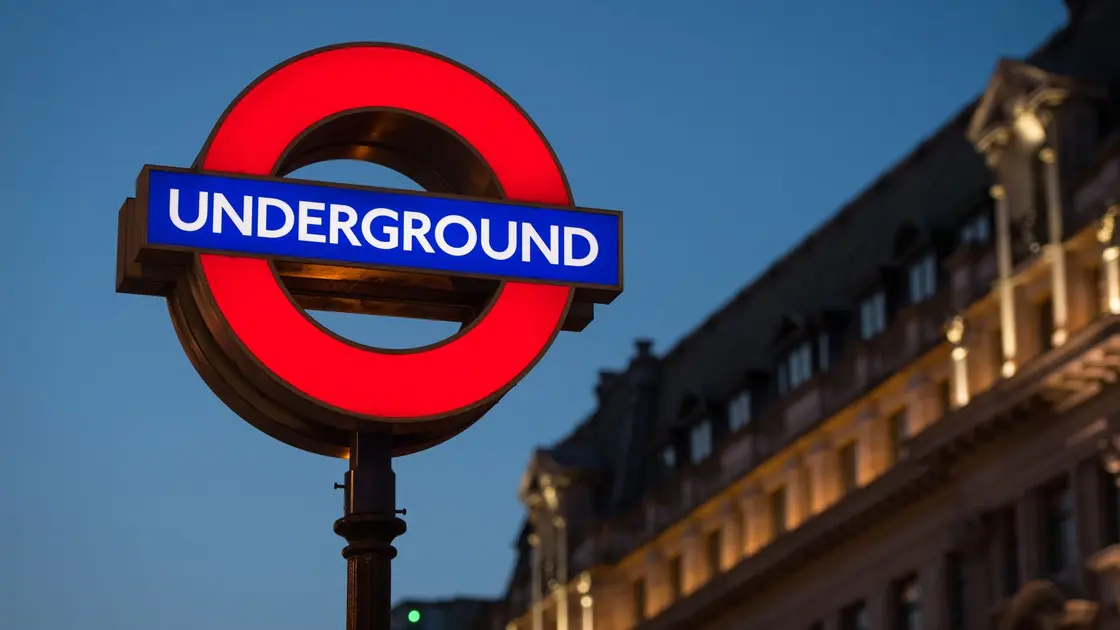
RMT says management has refused to engage seriously with demands on pay fatigue management and shift patterns ahead of seven days of strikes on the Underground and the Docklands Light Railway in September.
London Underground workers set for seven day strike in September
London Underground workers will strike for seven days in September, with Tube staff walking out from 5 September and Docklands Light Railway staff taking part in the week starting 7 September as part of a dispute over pay fatigue management shift patterns and a shorter working week. The RMT says management has not engaged seriously with these demands.
A Transport for London spokesperson said the authority regularly meets with unions, noted a 3.4% pay offer in ongoing discussions, and said it has made progress on several commitments. It also argued that reducing the contractual 35-hour working week is neither practical nor affordable and urged the union to put the fair offer to its members and continue talks rather than strike action.
Key Takeaways
"Our members are doing a fantastic job to keep our capital moving and work strenuous shift patterns to make sure Londoners get to their destinations around the clock."
Eddie Dempsey comments on worker dedication and workload.
"They are not after a large wage, but fatigue and extreme shift rotations are serious issues affecting health and wellbeing."
RMT focus on health and wellbeing in the dispute.
"We regularly meet with our trade unions to discuss concerns."
TfL spokesperson on engagement with unions.
"We welcome further engagement with our unions about fatigue and rostering across London Underground."
TfL on pursuing negotiations.
The dispute highlights a broader friction between worker welfare and cost discipline in public services. The union casts the issues as essential for health and fairness rather than a windfall, while the transport authority points to budgets and long term commitments. The risk is that prolonged disruption could push riders to seek alternative travel options and invite political scrutiny of TfL’s budgeting and planning.
If talks fail, the city may face repeated disruption and a tougher bargaining climate across other public services. The episode could shape how London negotiates pay and rostering rules in the coming years and test trust between workers and management.
Highlights
- Fatigue and extreme shift rotations are serious issues.
- Our members are doing a fantastic job.
- We regularly meet with our trade unions to discuss concerns.
- We welcome further engagement with our unions about fatigue and rostering across London Underground.
Potential disruption risks in transport and public response
The planned seven day strike could disrupt commutes across London and draw attention to TfL budgeting and worker welfare. A prolonged dispute may affect public sentiment and political scrutiny while pressuring an accelerated negotiation.
The outcome will test how London balances fairness with service.
Enjoyed this? Let your friends know!
Related News
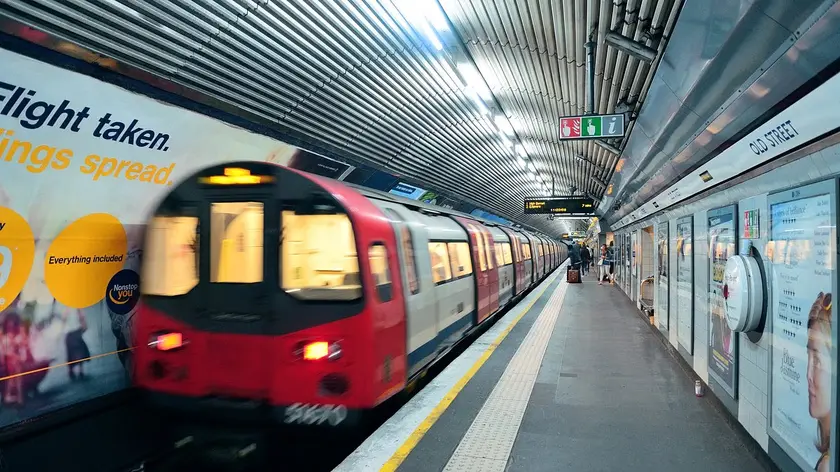
Tube network braces for shutdown
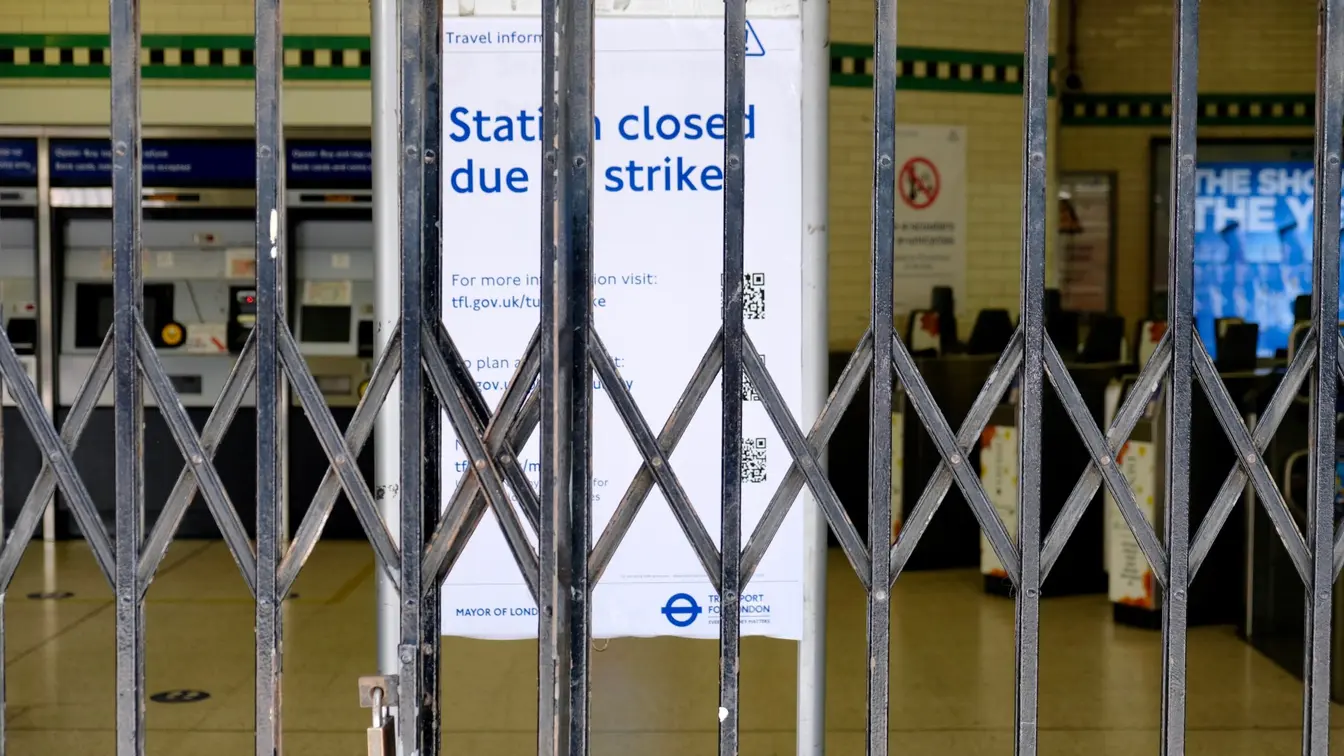
London Underground faces seven days of strikes
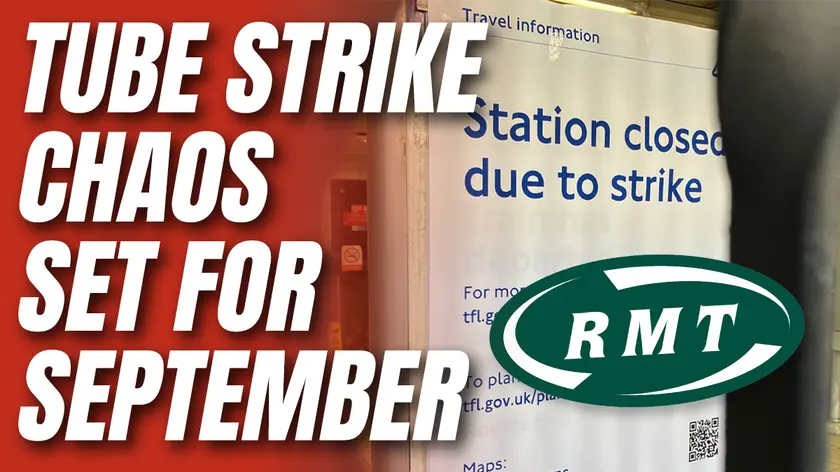
RMT rolling strike across Tube and DLR
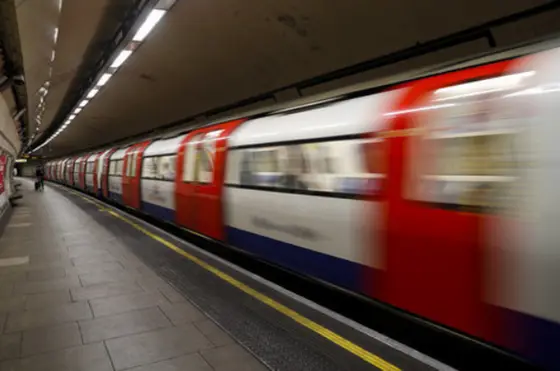
London Underground strikes set to disrupt travel
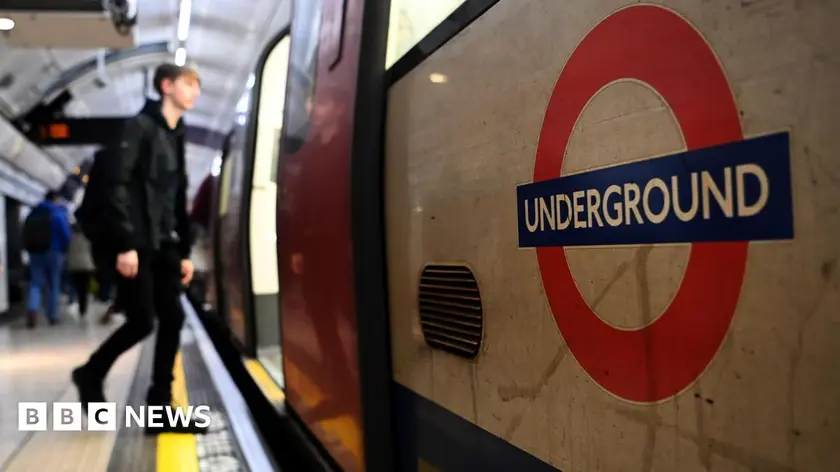
London Underground strike announced
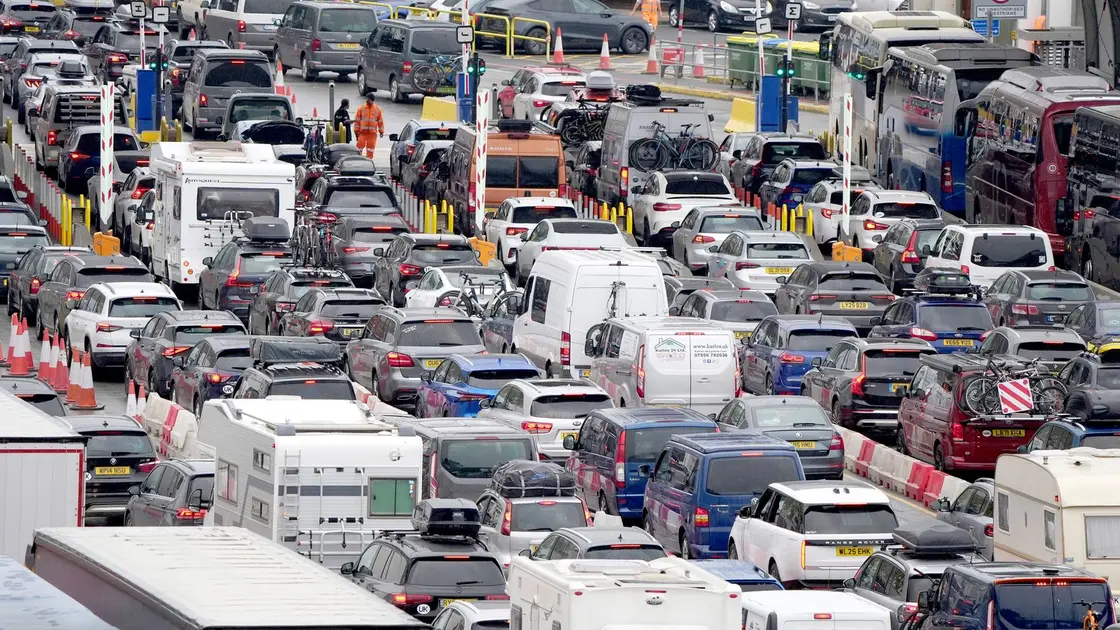
Travel disruption hits bank holiday weekend

Chelsea routs West Ham at London Stadium

Trump signals peace talks with Russia ahead of Alaska summit
